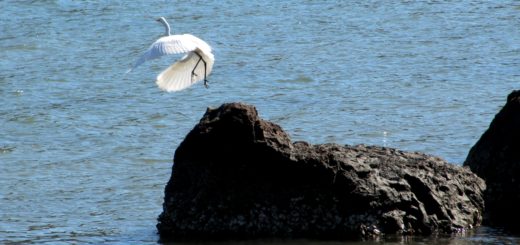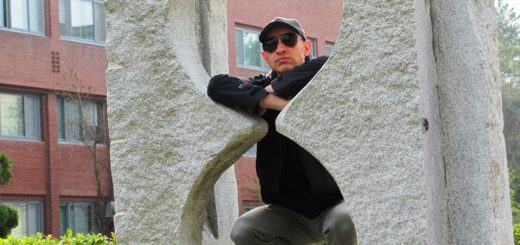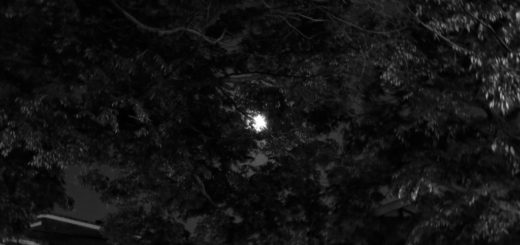Observations on Natural Man and Political Man
Of all the relationships I lost due to Trumpism, the two cultists with whom I had previously maintained the most personal and friendly interaction (and who initially shared my contempt for Trump and his appeal), but who succumbed most completely to the allure of idolatry — the group paranoia, the inability to communicate respectfully with anyone outside of the cult, the susceptibility to incoherent and insupportable conspiracy theories, and the willingness to overturn or reject all their own previous reasonableness in favor of blind Trump worship — were both devout drinkers, the sort of men prone to rationalizing and justifying their alcohol obsession as some kind of earthy virtue.
A weakness for one anti-rational vice seems to leave a soul more exposed to the most extreme effects of other such vices.
Nothing could be more hypocritical and disingenuous than a national politician accusing another of being hypocritical and disingenuous. The only way a man can reveal himself as a semi-honest politician, at least at the national level, is by quitting politics — and by doing so not as a publicity stunt, and not when he sees no hope of winning re-election anyway, but precisely when he seems to be on the ascendancy on the political scene, or at least enjoying a good measure of career success.
The only way a politician can contribute anything meaningful to draining the swamp that is modern democratic politics is by removing himself from that swamp, which is to say by climbing out of it and making a sincere effort to cleanse himself of the mire in which he has been swimming.
Modern political philosophy distinguished itself most of all in its grand speculations on men living in a pre-governmental state of nature. How would they coexist? How would they cooperate for shared benefit, and resolve conflicts? In short, how would they arrive at mutually agreed-upon rules and enforcement mechanisms — a system of government — to prevent the violent plunder of the weak by the strong, or of the few by the many? In spite of the disagreements among the state of nature theorists regarding the essential psychology of man, their common assumption was that natural humans would gradually settle upon the need for a system of government as a means of protecting themselves, their families, and their property.
The great early modern political philosophers may have been right about what men would do — if born in a state of unregulated nature. As for what men would do if born in a state of hyper-regulated, bureaucracy-smothered soft despotism, the psychological trajectory seems to be quite the opposite. That is, the latter type of man consistently chooses in favor of compromising himself and his true interests, disintegrating and disempowering the family, and divesting himself of all property rights. The problem, it seems, is that the psychological judgments of natural men are predominant only in a pure state of nature, which, of course, rarely if ever exists. As soon as the protections and comforts resulting from that natural choice are achieved, the scale tips — slowly at first, and then with increasing momentum — away from the psychology of natural man, and toward the psychology of unnatural man, artificial man, collectivized and acclimatized man. Submissive and somewhat suicidal man.


